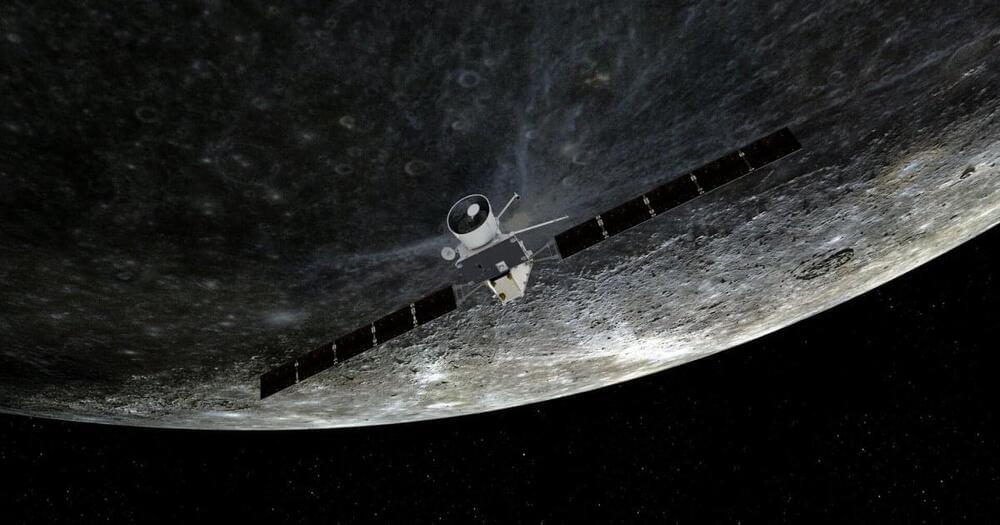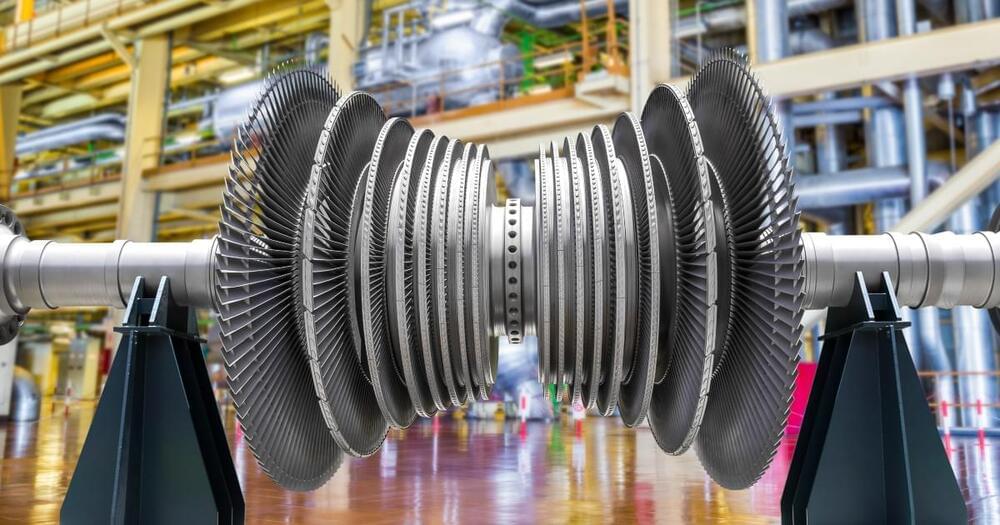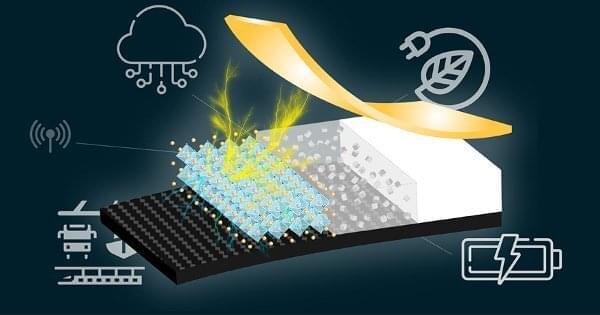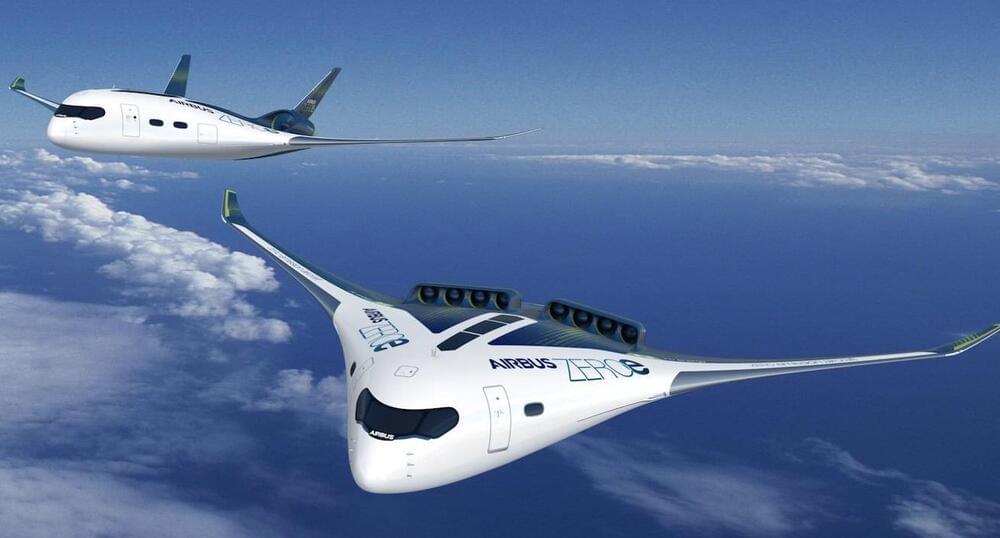This quickly turned out to be a record-setter. It was dubbed the Brightest Of All Time, or the “Boat,” as convenient shorthand among astronomers studying and observing the event. Not only did the Boat start out bright, it refused to fade away like other bursts.
We still do not fully know why the burst was so exceptionally bright, but our new study, published in Science Advances, provides an answer for its stubborn persistence.
The burst originated from a distance of 2.4 billion light years—relatively nearby for a GRB. But even when accounting for relative distance, the energy of the event and the radiation produced by its aftermath were off the charts. It is decidedly not normal for a cosmically distant event to deposit about a gigawatt of power into the Earth’s upper atmosphere.







